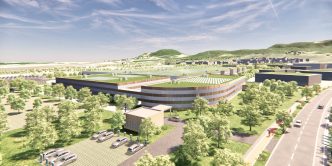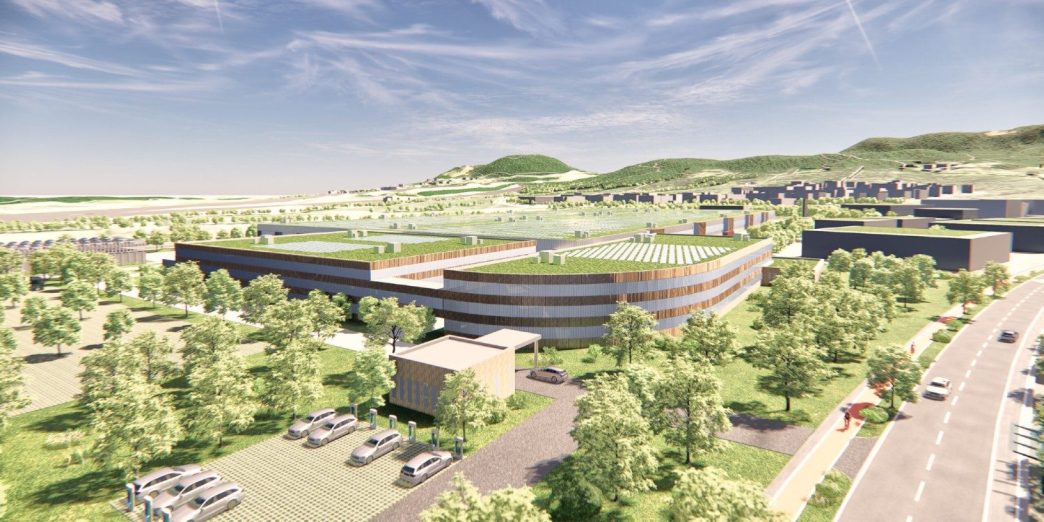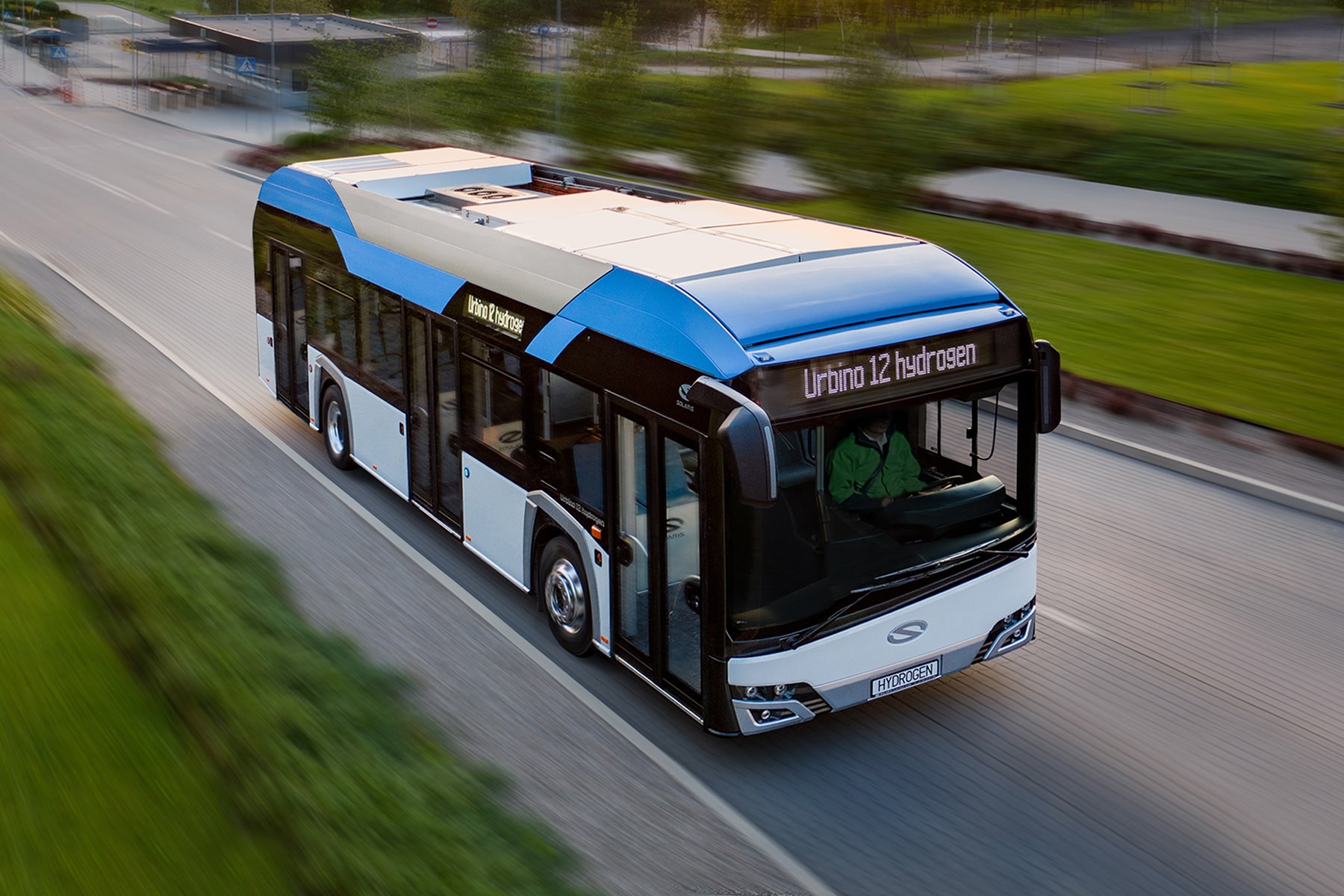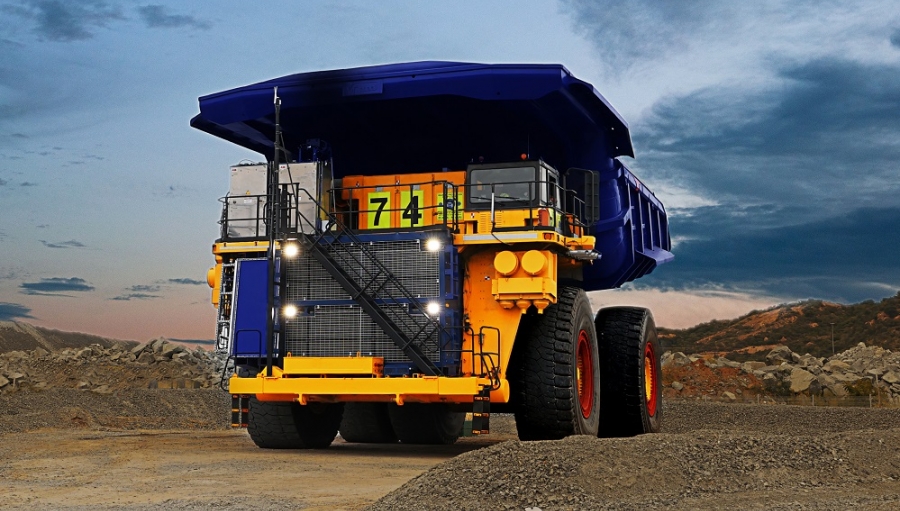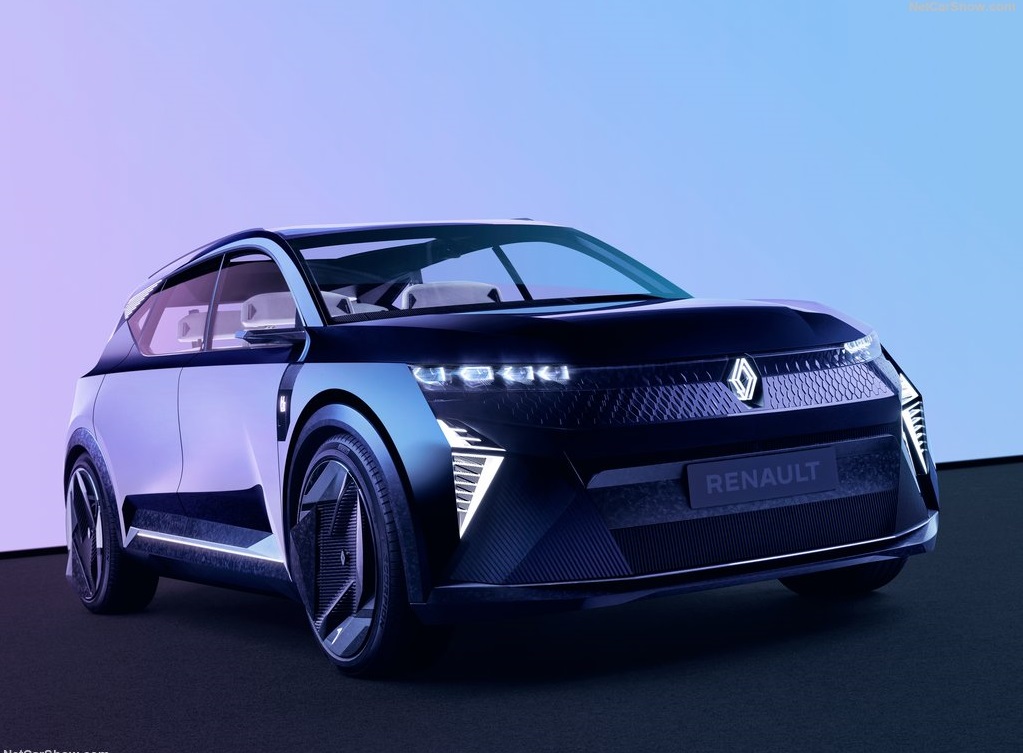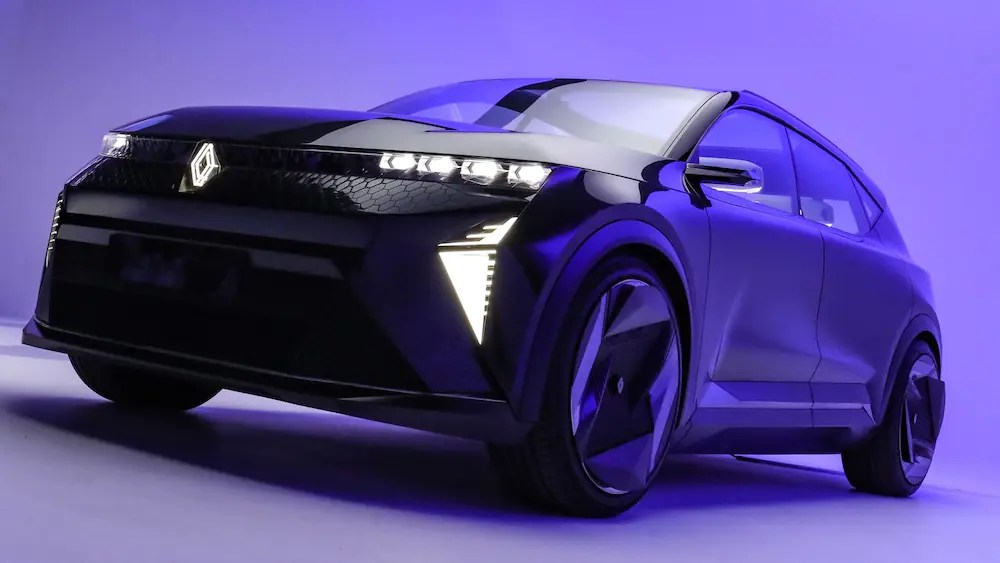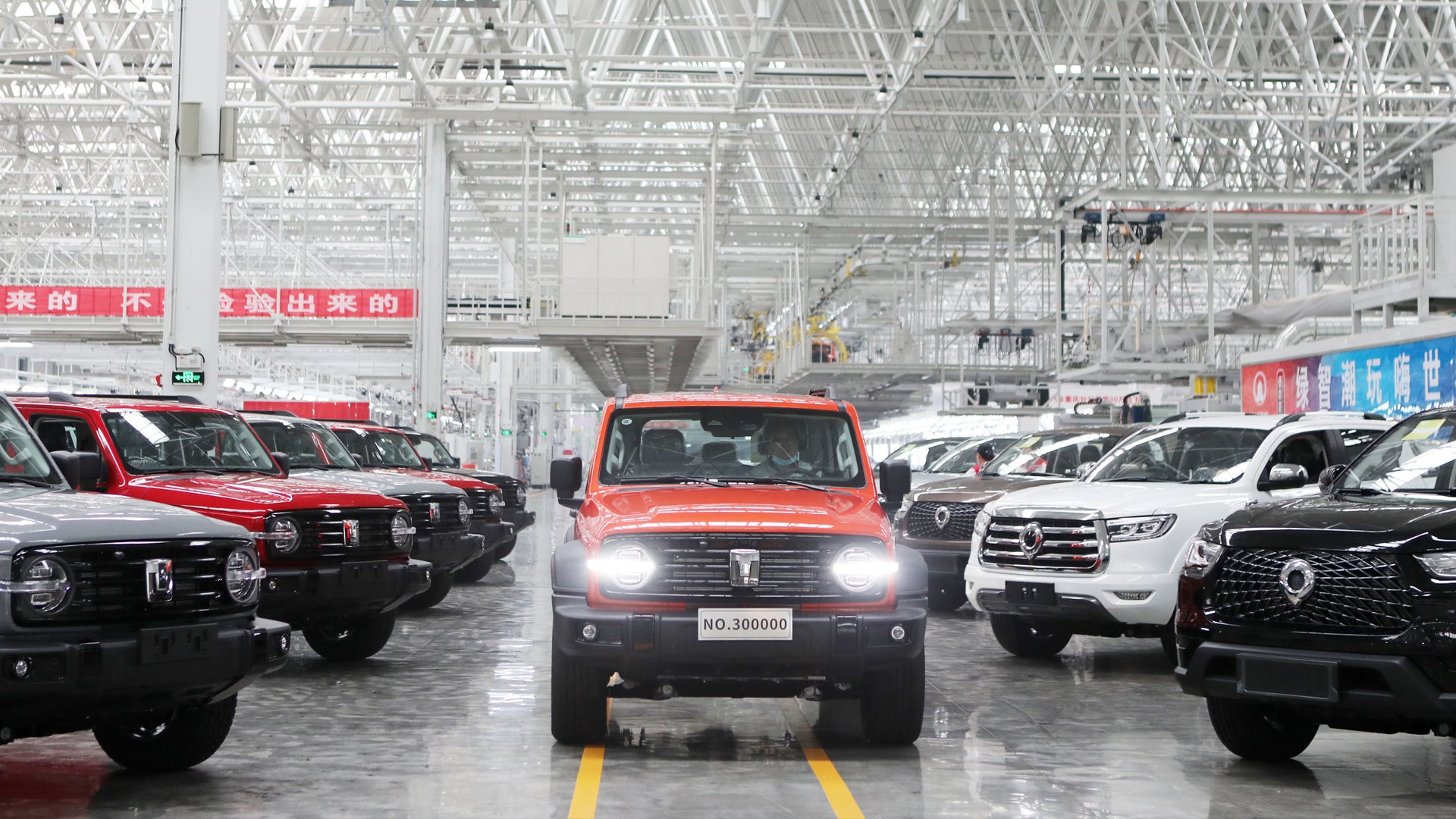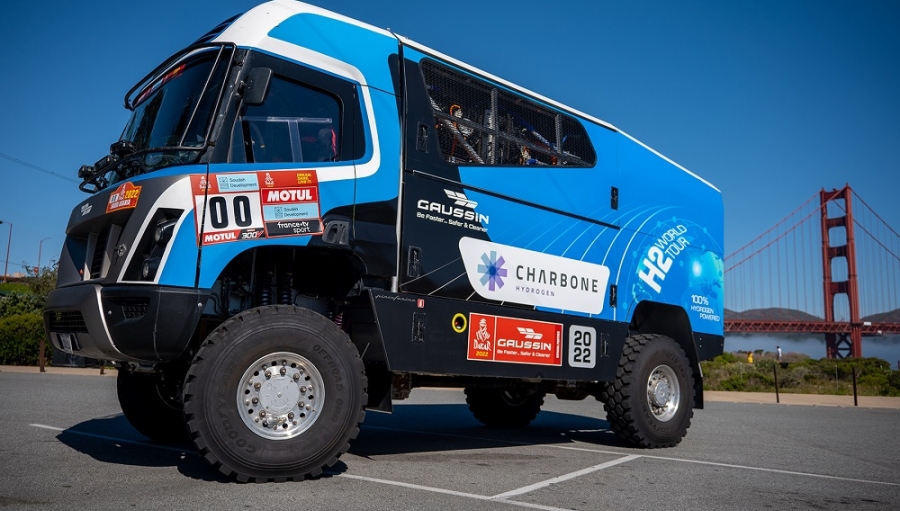Cellcentric, the fuel cell joint venture between Daimler Truck and the Volvo Group, has signed an option agreement with the town of Weilheim/Teck to acquire land for its future large-scale fuel cell production facility. The plant is planned for the district of Esslingen in Baden-Württemberg.
Development on the site has faced delays, with the initial groundbreaking originally set for 2023 and later pushed to autumn 2024. According to Cellcentric, the acquisition of the land had been a significant bottleneck. The joint venture now expects operations at the facility to commence “around 2030,” a substantial departure from earlier projections of a 2026 launch.
However, the project faces a new challenge: a legal appeal filed against the legality of the Rosenloh industrial estate, where the plant will be located. A local citizen has contested a municipal council resolution from December 2023, potentially delaying construction further.
The revised timeline aligns with shifting conditions in the hydrogen and fuel cell market. Cellcentric cited delayed hydrogen infrastructure development, uncertain green hydrogen pricing, and evolving demand forecasts as factors driving the adjusted schedule. “Maximum flexibility in terms of scope of work and start-up speed” is critical, the company stated, to adapt to market uncertainties.
Meanwhile, the company is advancing its pilot production at its existing Esslingen-Pliensauvorstadt site, where over 100 employees currently work on assembling fuel cell systems. The site has 10,300 square meters of production and logistics space, which Cellcentric may expand to meet near-term needs.
Cellcentric’s focus remains on providing fuel cell systems that achieve optimal total cost of ownership (TCO) for Daimler Truck and Volvo’s fuel cell electric vehicles (FCEVs). The joint venture also envisions expanding its offerings to coaches and third-party customers. Beyond production, Cellcentric plans to cover the full lifecycle of fuel cell systems, from manufacturing to recycling.
This development aligns with Daimler Truck’s GenH2 truck, whose series production has also been delayed to the “end of the decade.” Initial deliveries of 100 fuel cell trucks are now scheduled for late 2026.

